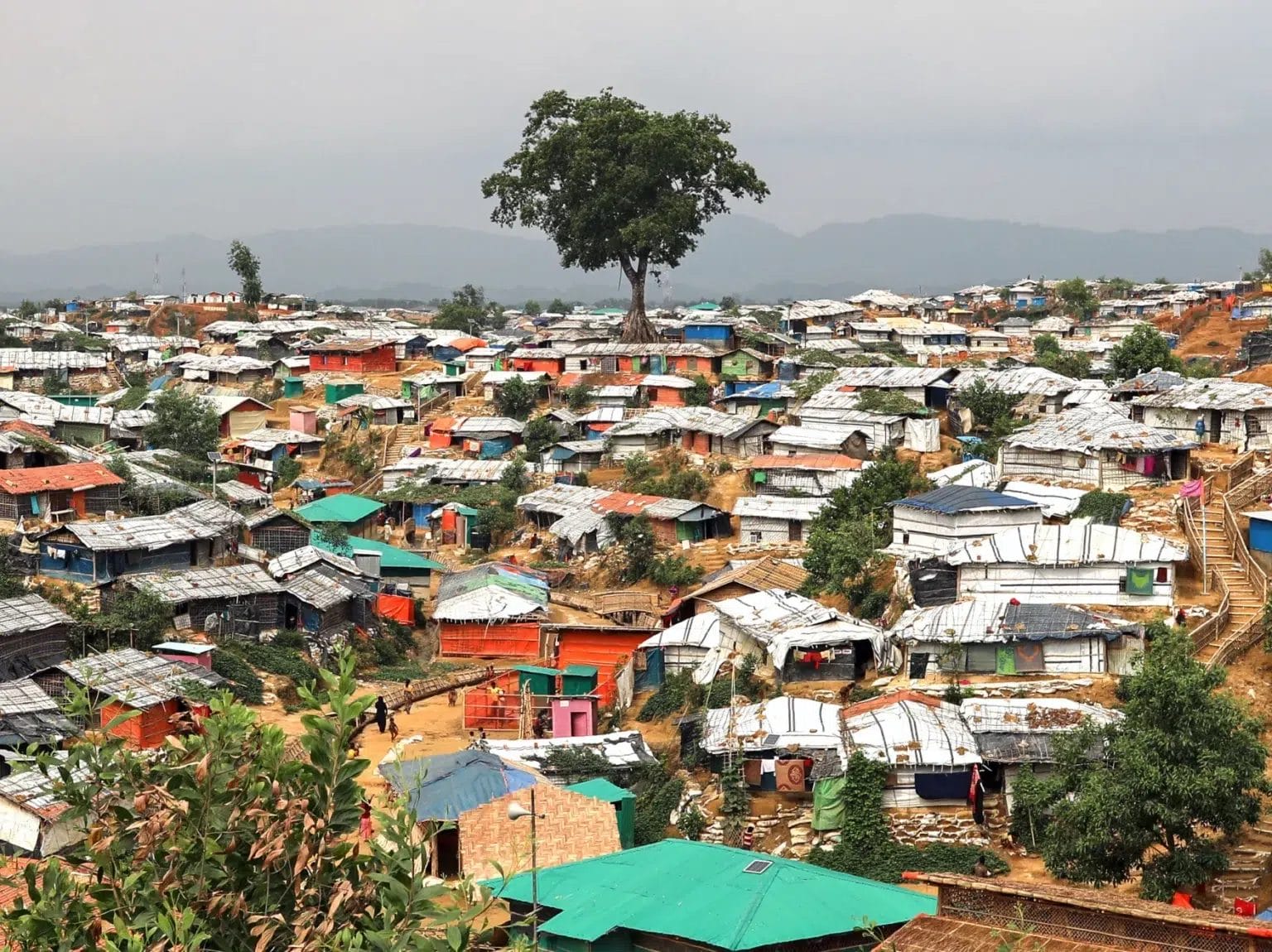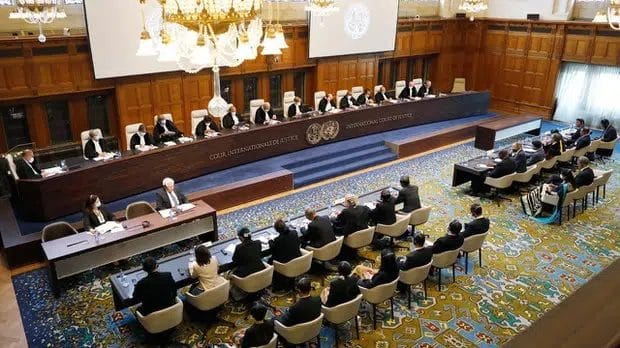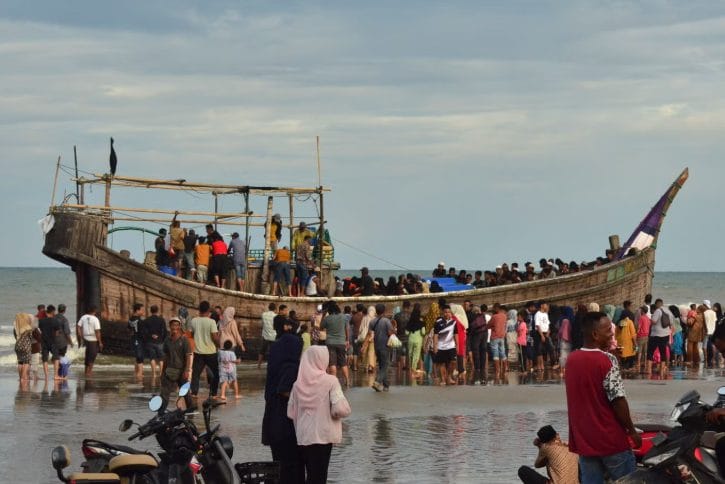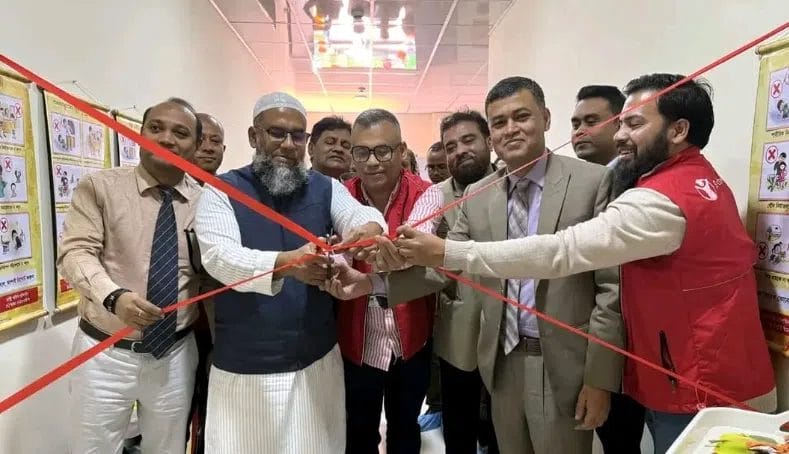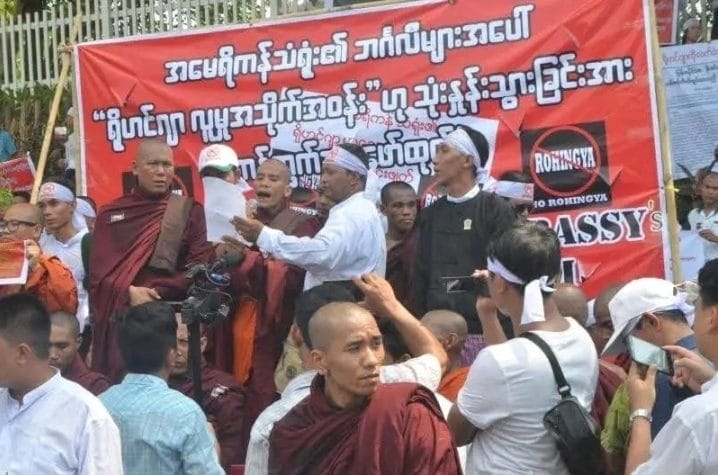Arakan News Agency | Exclusive
A humanitarian tragedy struck Rohingya Refugee Camp No. 18 in Cox’s Bazar following the death of refugee “Shofi Ullah”, who succumbed to extreme exhaustion and stress while waiting in line at the General Food Distribution (GFD) center in Camp 17 amid severe overcrowding and chaos.
According to his family, Shofi Ullah left his shelter early in the morning, at 2:30 a.m., hoping to secure a place in the food distribution queue and avoid the long lines, only to find hundreds of refugees had arrived before him.
Eyewitnesses reported that the queue was disorganized, with refugees waiting for long hours under harsh conditions and without any special support for the sick and elderly.
Local reports indicate that the procedures adopted by World Vision, supported by the World Food Programme (WFP), to push for faster food distribution in order to meet daily and weekly targets contributed to creating unsafe and overcrowded conditions that are believed to have directly led to the tragic incident.
The incident has triggered a wave of anger and resentment among refugees and has once again highlighted poor management and the disregard of the “Do No Harm” principle, which obliges humanitarian agencies to prioritize the safety and dignity of beneficiaries over all other considerations.
Community leaders in the camp have called for an urgent and thorough investigation into the circumstances of the tragedy, holding those responsible to account and immediately reforming food distribution mechanisms to prevent similar disasters in the future.
A resident of Camp 18 told Arakan News Agency: “We lost a life not because of hunger but because of a system that failed to respect human dignity. We are human beings, not numbers in a race to meet statistical targets”.
He described the incident as a wake-up call for humanitarian agencies to rethink their policies.
Refugees hope that this tragedy will lead to real changes that prioritize human safety and dignity over quantitative or administrative goals, stressing that every life, no matter how poor or displaced, deserves protection and respect.
Bangladesh currently hosts more than one million Rohingya refugees in the Cox’s Bazar camps, which the United Nations classifies as the largest refugee settlement in the world. The refugees have been living under dire humanitarian conditions since fleeing Myanmar in 2017 after the campaign of “genocide” carried out against them by the Myanmar military. Renewed waves of displacement to Bangladesh have continued since the outbreak of fighting in Arakan State between the Myanmar military and the Buddhist Arakan Army in November 2023.

